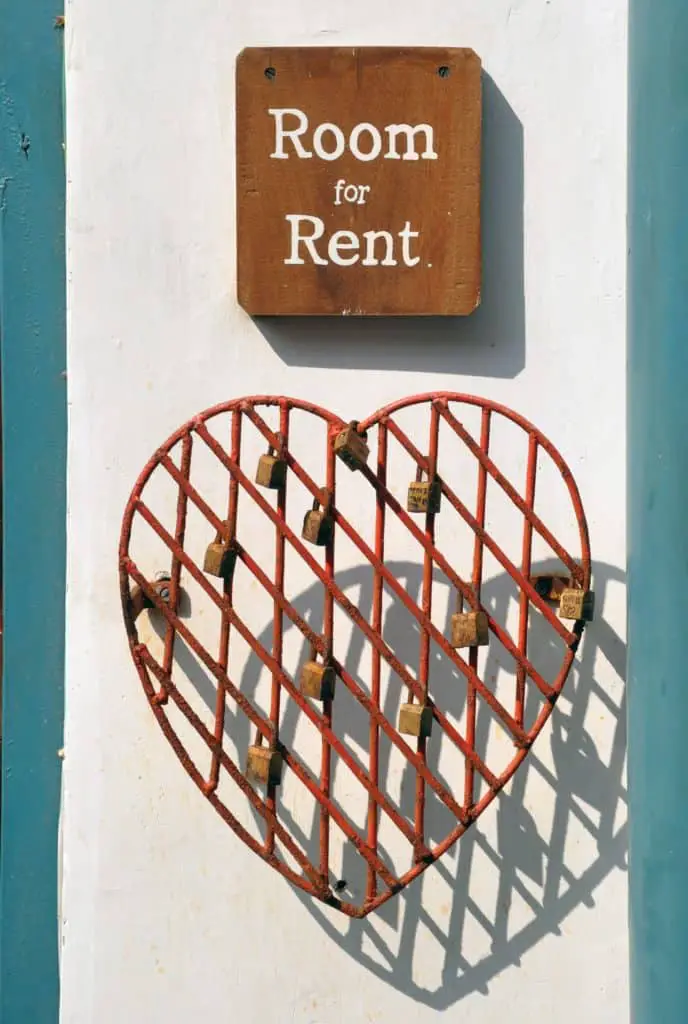Becoming a student in Denmark has never been any easier. With the current internet access and various scholarship opportunities, one can take a leap into a great academic experience in a Scandinavian country which by and large is among the culturally diverse in continental Western Europe.
Even as someone thinks about making this bold step of seeking higher education in Denmark, some questions about what exactly to expect still linger. Here we give some nuggets about what life really means in Denmark, issues with finances, costs of living and many more which may be important to start you off.

Higher Education Scholarships in Denmark
Denmark as a country does not have many government scholarships but has affiliate European institutions that sponsor international students in its various universities. The most common Danish government scholarships are , The Danish State Educational Support (SU), and Danish government scholarships for highly qualified non-EU/EEA students. Other bilateral institutions that fund international students in Danish universities include;
- Nordplus
- Erasmus
- Erasmus Mundus/Joint Master Degree
- Fulbright Commission
Job market for graduates in Denmark
One thing with studying in Denmark is that once you get used to how the systems are streamlined and operate effectively, a compelling desire to stay longer after studies comes. One enticing thing for graduates in Denmark is that there is a provision for an establishment card which allows higher education graduates to stay in Denmark for up to 2 years. The two years establishment stay allows a new graduate to find something relevant to do in the Danish job market.

The likelihood of getting a job that is relevant to your education after completing studies depends on multiple things. The things that determine how fast or easily you will get a job include the course studied, personal abilities, language requirements, and demand for specific talents in the market.
There are specific jobs that always demand labour in Denmark which means there is a likelihood to get a placement in such fields. Some of these include engineering and construction, health, information technology and agriculture.
While your individual focus may be to get something that has a jig saw fit with the education you pursued, it is advisable to be a bit more flexible to land a first job in Denmark. In some way, the industries are interlinked which means knowledge from one field can be easily adapted to the other. But, at the top of you mind should be the awareness that you are not seeking the job alone but is actually in a list of many equally qualified graduates from Scandinavia,the EU, and globally.
Student Cost of living in Denmark
Denmark is an urbanised country which means that everything comes at a cost. Right from accommodation, food, leisure, travel and other miscellaneous needs, money is a key requirement. Generally, the cost of living in Denmark is a bit high which means that a student has to properly plan with finances to avoid being off budget.
It is estimated that a student needs an average of 800 – 1,200 EUR per month to live sustainably in Denmark. However, the costs vary considerably depending on where the study institution is located. The costs may be higher in major cities like Copenhagen, Aarhus, Aalborg but lower in Esbjerg, Odense and other smaller cities.
Student Accommodation costs in Denmark
While the universities do all within their means to ensure that all their students are accommodated, they do not have their own halls of residence. This fact means that they will ordinarily work together with housing companies to provide accommodation at a moderated cost.

The costs may still not be cheap as a student will need to part with between 400 – 670 EUR in most cities. The costs are even higher in Copenhagen at around 800 – 900 EUR in monthly rent.
The cost of accommodation as a student in Denmark depends on which time of apartment one choses to take. There are three main categories of accommodation including:
- Students living alone – 450 EUR/month
- Students living with their partner/a colleague – 500 EUR/month
- Student halls of residence (kollegier) – between 250 – 300 EUR/month
As a disclaimer, a student admitted to a university in Denmark must begin making arrangements for accommodation as soon as possible. In most cases, it may be difficult to get accommodation at the beginning of a semester.
The universities will always send you contracts for accommodation to sign even before you travel for beginning of studies. The contracts are supposed to be binding which means that you cannot deviate from the agreement at will. Any decision to change the agreement after you sign it comes at a cost.
Cost of Food for Students in Denmark
It requires intelligent buying for a student on budget to live in Denmark. The cheapest way to navigate through the expenditure on food in Denmark is self-cooking. In Denmark, most people do not prefer cooking which means that they frequent the restaurants to buy cooked and ready to eat foods.
The raw food in supermarkets and groceries around are relatively cheaper. Again, food prices always vary with the time of the day and time left to expiry. A smart student will but food at the discounted prices and store in refrigerator which is always fitted in most accommodation facilities.
Buying food at discounted prices and storing them prevents one from having to spend every other day on food. The average costs of food per month in Denmark varies between EURO 200 – 270 depending on individual spending habits. Some of the discount supermarkets in Denmark include Bilka, Lidl, Netto, Fakta or Aldi.
Transportation costs in Denmark
Cycling is the most common means of transport for students moving from their houses to the university and back. You will need to get yourself a functioning bicycle to get moving short distances within your city of residence. The biking paths are well maintained which makes it easy to cycle. Again, there is a highly subsidised travel ticket for students in Denmark called Youth Card.
Almost 75% subsidy is given if you have to travel a long distance between your University to where you live. A Youth card will give you access to several routes along you registered commuter route. This card may be so good for people who have part time jobs along their travel route.
Part time Student Job
Being a student in Denmark does not entirely lock someone to book work, lecture halls and research alone. Students are typically allowed to work for up to 20 hours a week at the industry wage rates. This means that as a student in Denmark, you will have a chance to get some level of experience with the Danish labour market and trends.
Although most of the student jobs in Denmark may not be in professional fields, a few industries give professional ones. During the months of Summer, a lot of student jobs come up and many international students make a lot of money at such time. The secret to getting a student job is keeping connected on job sites and with fellow students.



